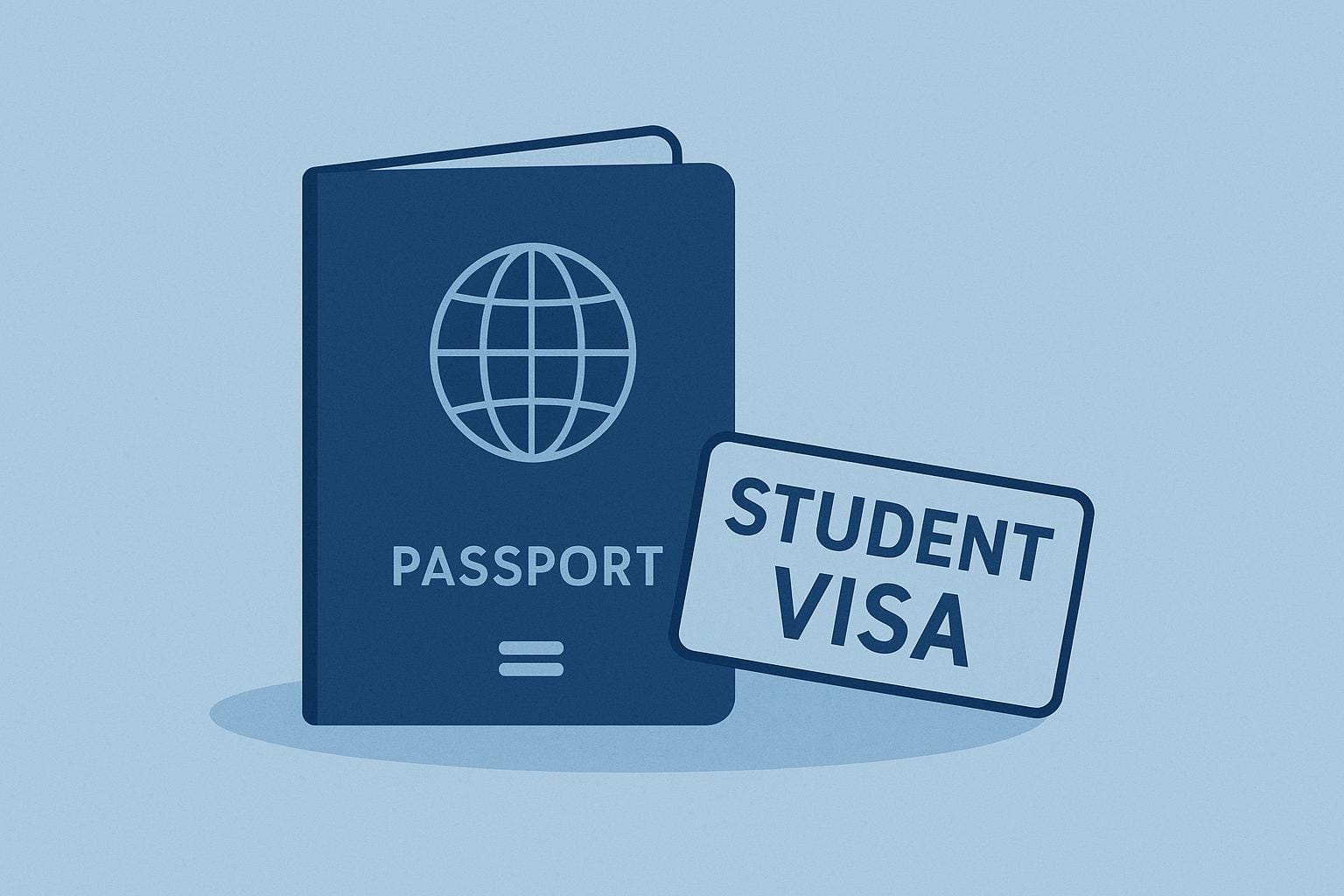In a dramatic update to US immigration policy, the Department of Homeland Security (DHS) has announced the termination of the longstanding "duration of status" framework for certain visa holders. This pivotal change, communicated through a notice of proposed rulemaking by US Immigration and Customs Enforcement (ICE), will impact international students, exchange visitors, and foreign media representatives under F-1, J-1, and I visa categories. The proposed transition to fixed admission periods marks a significant departure from previous policies, introducing a more restrictive framework for these nonimmigrant groups.
A shift in visa oversight
For decades, F-1, J-1, and I visa holders were admitted to the United States under a "duration of status" policy. This meant that their stay was tied to compliance with visa terms, without a predetermined expiration date. Now, DHS plans to replace this system with fixed visa validity periods, aligning these visa categories with the majority of other nonimmigrant classifications that already operate under similar rules.
DHS has cited a need for tighter immigration oversight as the rationale for the change. According to DHS, the open-ended nature of the current system "does not afford immigration officers enough predetermined opportunities to directly verify that aliens are engaging only in authorised activities." Officials believe the introduction of fixed timeframes will allow for more robust evaluation processes, helping to identify visa misuse, deter fraudulent activities, and bolster national security.
New visa rules: what is proposed?
The draft regulations put forth by DHS outline several critical adjustments to visa policies:
- Fixed admission periods: F-1 and J-1 visa holders will be limited to a maximum stay of four years, after which an application for an extension will be required.
- Shortened grace period: F-1 students will have just 30 days to prepare for departure or transition after completing their studies, a reduction from the current 60-day grace period.
- Restrictions on programme changes: Graduate-level F-1 students may face new limits when it comes to altering their academic programmes.
- Cap on I visa holders: Foreign information media representatives will be subject to a 240-day limit on their stay, with specific exceptions for individuals from the People’s Republic of China.
Under the revised rules, extensions of stay will still be possible, but applicants will need to seek approval directly from DHS rather than relying on automatic status linked to ongoing enrolment or employment.
Addressing a growing influx
The growing number of arrivals in recent years has heightened pressure on immigration officers and added urgency to this policy shift. In 2023 alone, over 1.6 million F-1 students, more than 500,000 J-1 exchange visitors, and 32,470 I visa holders entered the United States. DHS anticipates that the fixed visa validity periods will provide better tools for managing the increasing scale of nonimmigrant admissions.
Impact on international students, researchers, and journalists
The proposed changes are expected to introduce a new layer of complexity for visa holders. For F-1 students pursuing long-term academic programmes or engaging in optional practical training, the need to apply for mid-course extensions could bring uncertainty. J-1 exchange visitors, including scholars and researchers, may face heightened time constraints on collaborative projects. Meanwhile, foreign journalists under I visas could encounter challenges when attempting to cover long-term assignments in the United States, given the 240-day cap.
Balancing security and opportunity
DHS has framed this proposal as a necessary step towards safeguarding national security and ensuring programme integrity. However, critics may view the revised policies as potential barriers to attracting international talent. The United States remains a top destination for higher education, but the added uncertainty surrounding visa renewals could prompt students and professionals to explore opportunities in countries with more predictable immigration frameworks, such as Canada, Australia, or parts of Europe.
Next steps for the proposal
The proposed rule is currently open for public feedback under Docket No. ICEB-2025-0001. This process allows universities, student organisations, and media entities to share their concerns and suggestions before the final regulations are enacted. While the specific details of the final policy remain to be seen, one thing is clear: the "duration of status" era is coming to an end. For those affected, navigating life and careers in the United States will now require even greater foresight and planning.













